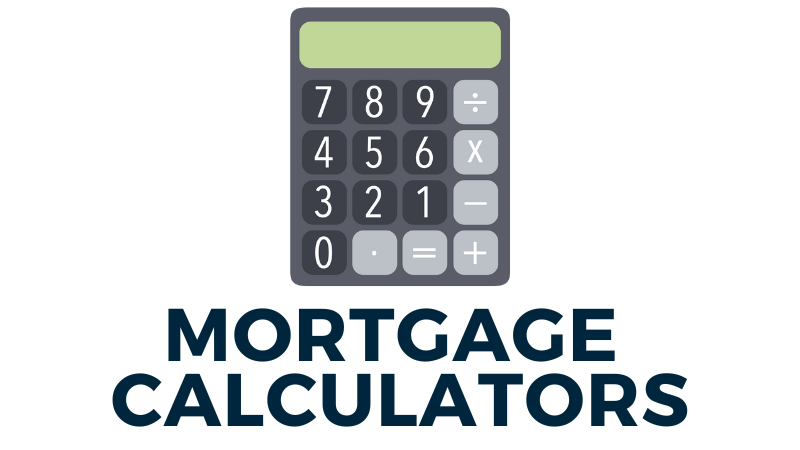Reverse Mortgage Loan
Increase your purchasing power
For qualified seniors 62 and older, a reverse mortgage, the most common of which is the HECM (Home Equity Conversion Mortgage), is a way to turn a portion of the equity in your home into cash without having to make monthly mortgage payments.
What is a reverse mortgage?
A reverse mortgage is a home-secured loan that allows older-adult homeowners to convert a percentage of the equity in their home into cash, fixed monthly advances, or a line of credit — and defer repayment of the loan so long as they live in the home and pay the property charges, like taxes and insurance.
How does a reverse mortgage work?
The lender pays you an advance on a percentage of your home equity. There are no required monthly principal or interest mortgage payments (you must pay the property charges, like taxes and insurance). The loan typically becomes due and payable when the last surviving borrower permanently moves out of the home or passes away. At loan maturity, the sale of the home will always satisfy the loan.
Reverse Mortgage Loan FAQs
Does the reverse mortgage lender own your home?
You remain the owner of your property. There is no change to the deed or title of your home when completing a reverse mortgage.
How will the reverse mortgage lender determine how much money you will need at closing?
The down payment you will need to bring to closing will be determined based on your age, interest rates at the time and the sales price (or appraised value, whichever is less) of the home you are buying.
Why would someone get a reverse mortgage?
Reverse mortgages are being used by a full spectrum of older-adult borrowers, ranging from those who desperately need one, to those who want one for lifestyle enhancement or financial planning. Common uses are to refinance an existing mortgage, increase cash flow, fund long-term care, and divide assets in a divorce.
What are the advantages and disadvantages of reverse mortgages?
There are many advantages of a reverse mortgage, like its flexible repayment feature and non-recourse feature. There are also potential downsides, such as the unpaid reverse mortgage loan balance grows over time because interest and fees get tacked.
What are the types of reverse mortgages?
The three main types of reverse mortgages are:
- The federally insured Home Equity Conversion Mortgages (HECM)
- Proprietary reverse mortgages (i.e., Jumbo Reverse Mortgages)
- Home Equity Conversion Mortgage for Purchase (H4P)
What are the benefits of a reverse mortgage?
- Tax free cash from loan proceeds*
- Increased discretionary cash flow
- Can sell YOUR home at any time
- Keep The Title To Your Home
- Basic Credit & Income Qualifications
- Loan Proceeds from Equity 30-70% are Usually Tax Free*
- Does NOT Require Repayment Until The Last Living Borrower Permanently Leaves The Home
- Never Owe More Than Your Home Value – With FHA Reverse Mortgage**
- Able To Purchase A Home For 30-70% Down Of New Residence Sale Price***
*This advertisement is not tax advice. Please consult a tax advisor for your specific situation.
**There are some circumstances that will cause the loan to mature and the balance to become due and payable. Borrower is still responsible for paying property taxes, insurance and maintenance of home. Credit is subject to age, property and some limited debt qualifications. Program rates, fees, terms and conditions are not available in all states and subject to change.
*** The required down payment on your new home is determined on a number of factors, including your age (or eligible non-borrowing spouse’s age, if applicable); current interest rates; and the lesser of the home’s appraised value or purchase price.
What are reverse mortgage eligibility requirements?
- Borrower(s) must be 62 years or older
- Must be homeowner and either own home outright or have significant equity; must live in home as primary residence (live there 6+ months per year)
- Property must be a single-family home, 2- to 4-unit dwelling or FHA-approved condo
- Must meet minimal credit and property requirements
- Must receive reverse mortgage counseling from a HUD-approved counseling agency
- Must not be delinquent on any federal debt

